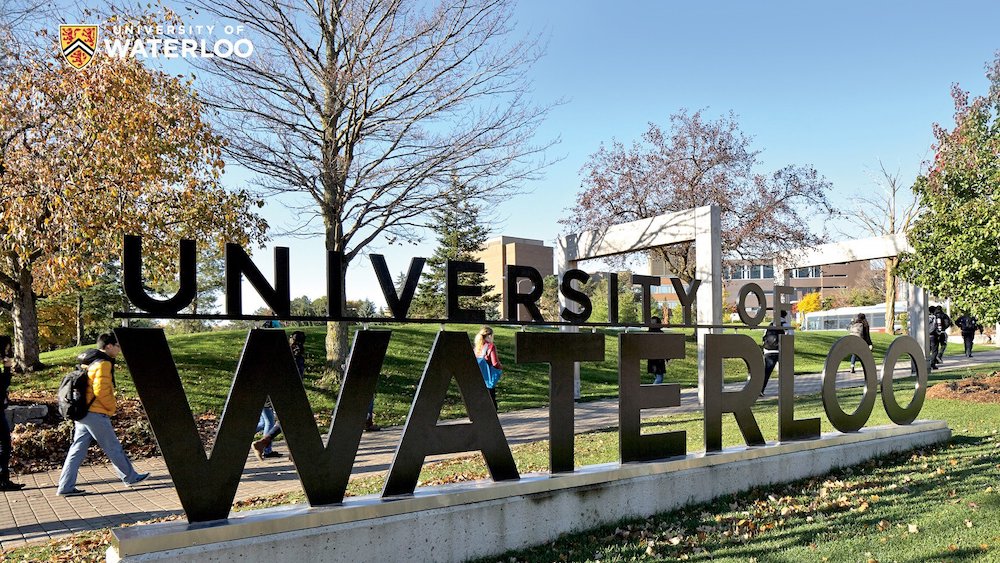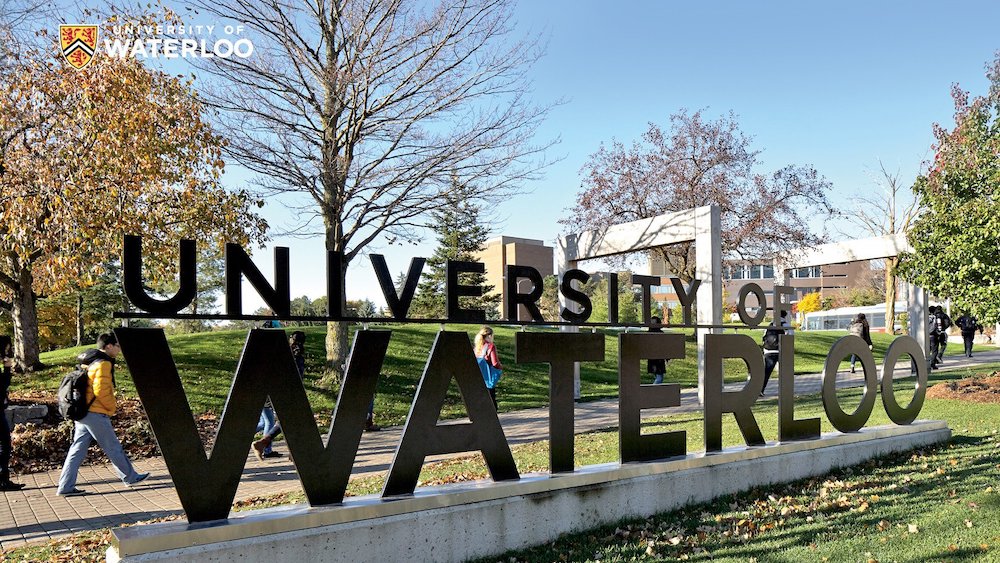
Transformative Quantum Technologies (TQT), a research initiative led by the University of Waterloo, today announced the launch of its Quantum Alliance (QA) program, which brings together a collaborative community of researchers, world-class infrastructure and TQT’s unique Quantum Innovation Cycle for the advancement of impactful quantum technologies.
QA connects TQT’s world-leading quantum experts with industry and other stakeholders to leverage this quantum value chain. QA engages organizations as partners in a consortium, pooling resources and knowledge to develop applications of quantum technology.
“The Quantum Alliance is a new program to build a quantum R&D community and advance the capability and applications of quantum technologies,” said David Cory, professor at the University of Waterloo and principal investigator at TQT. “It recognizes that quantum tech will be disruptive in many fields and brings early adopters together with quantum technology experts in a unique shared development space. We are enabling this community to explore the full quantum innovation cycle, from materials to devices to applications.”
TQT unveiled the program to more than 100 quantum researchers, business and technology leaders in attendance at its inaugural Quantum Opportunities & Showcase last week, where they heard first-hand about state-of-the-art technologies under development at TQT.
“If I had been told a year ago that I would have been using quantum technology in my research, I wouldn’t have believed it,” said Ben Thompson, a professor at the University’s School of Optometry and Vision Science. “Collaborating with TQT has opened up new, unexpected and exciting areas of research in vision science. Together we are exploring the power of quantum states and structured wavefronts to better understand disorders and diseases of the human eye.”
The application and adoption of quantum technology is still in its early stages but holds tremendous potential. A first-of-its-kind collaboration between academia and industry, Quantum Alliance partners will be some of the first in the world to access the Quantum Innovation Cycle and test its potential to deliver application-focused quantum technology.
“The TQT community of world-leading quantum R&D experts provides key insights, resources and collaboration, enabling Angstrom Engineering to advance its new line of “Quantum Series” thin film deposition tools for commercial use,” said Mike Miller, Director of Business Development at Angstrom Engineering Inc. “We look forward to continuing our work with TQT as we realize the true impact of quantum.”
Advancing quantum technologies is no easy feat – it takes extensive expertise and a time and funding commitment that few programs can offer. A recipient of Canada First Research Excellence Funds, TQT is dedicating seven years and over $76 million to tackling quantum challenges that will drive break-throughs. Quantum technology is expected to be disruptive in personalized medicine, natural resource exploration, environmental monitoring, secure communications and much more.
“We were happy to announce at TQT’s annual meeting our target of developing a synthetic topological material based on superconducting circuits with the overarching goal of developing a topological quantum computer,” said Alireza Najafi-Yazdi, the CEO of Anyon Systems. “It’s been a pleasure for our team to work at the Quantum-Nano Fabrication and Characterization Facility and collaborate with the scientific team at TQT.”
Those interested in learning more about QA workshops, co-investment opportunities and how they can tap into TQT’s pool of world-class researchers and talent should visit: https://tqt.uwaterloo.ca/opportunities/quantum-alliance/
QA connects TQT’s world-leading quantum experts with industry and other stakeholders to leverage this quantum value chain. QA engages organizations as partners in a consortium, pooling resources and knowledge to develop applications of quantum technology.
“The Quantum Alliance is a new program to build a quantum R&D community and advance the capability and applications of quantum technologies,” said David Cory, professor at the University of Waterloo and principal investigator at TQT. “It recognizes that quantum tech will be disruptive in many fields and brings early adopters together with quantum technology experts in a unique shared development space. We are enabling this community to explore the full quantum innovation cycle, from materials to devices to applications.”
TQT unveiled the program to more than 100 quantum researchers, business and technology leaders in attendance at its inaugural Quantum Opportunities & Showcase last week, where they heard first-hand about state-of-the-art technologies under development at TQT.
“If I had been told a year ago that I would have been using quantum technology in my research, I wouldn’t have believed it,” said Ben Thompson, a professor at the University’s School of Optometry and Vision Science. “Collaborating with TQT has opened up new, unexpected and exciting areas of research in vision science. Together we are exploring the power of quantum states and structured wavefronts to better understand disorders and diseases of the human eye.”
The application and adoption of quantum technology is still in its early stages but holds tremendous potential. A first-of-its-kind collaboration between academia and industry, Quantum Alliance partners will be some of the first in the world to access the Quantum Innovation Cycle and test its potential to deliver application-focused quantum technology.
“The TQT community of world-leading quantum R&D experts provides key insights, resources and collaboration, enabling Angstrom Engineering to advance its new line of “Quantum Series” thin film deposition tools for commercial use,” said Mike Miller, Director of Business Development at Angstrom Engineering Inc. “We look forward to continuing our work with TQT as we realize the true impact of quantum.”
Advancing quantum technologies is no easy feat – it takes extensive expertise and a time and funding commitment that few programs can offer. A recipient of Canada First Research Excellence Funds, TQT is dedicating seven years and over $76 million to tackling quantum challenges that will drive break-throughs. Quantum technology is expected to be disruptive in personalized medicine, natural resource exploration, environmental monitoring, secure communications and much more.
“We were happy to announce at TQT’s annual meeting our target of developing a synthetic topological material based on superconducting circuits with the overarching goal of developing a topological quantum computer,” said Alireza Najafi-Yazdi, the CEO of Anyon Systems. “It’s been a pleasure for our team to work at the Quantum-Nano Fabrication and Characterization Facility and collaborate with the scientific team at TQT.”
Those interested in learning more about QA workshops, co-investment opportunities and how they can tap into TQT’s pool of world-class researchers and talent should visit: https://tqt.uwaterloo.ca/opportunities/quantum-alliance/




 IonQ Achieves Industry Leading Performance on Next Generation Barium Qubits
IonQ Achieves Industry Leading Performance on Next Generation Barium Qubits